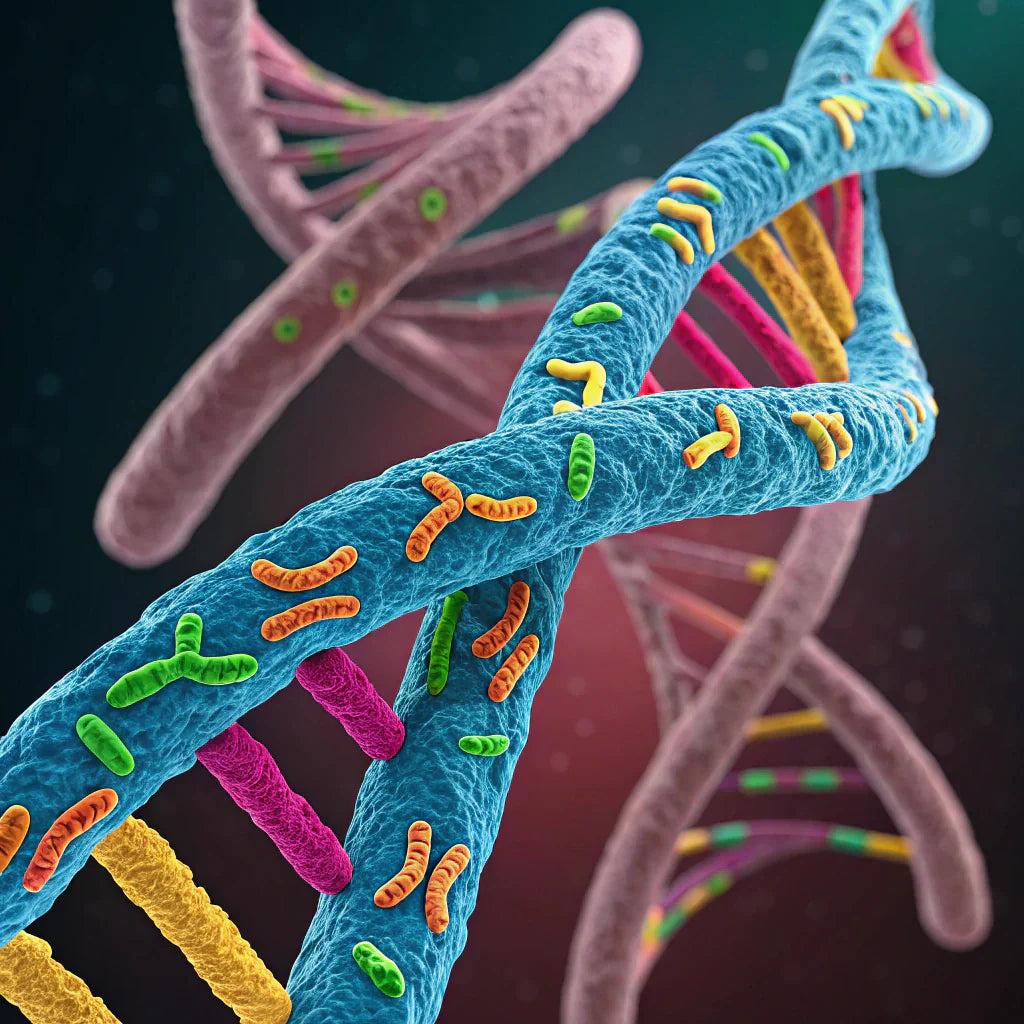
Divine Enforcement
Share
Sacred Roles and Duties of Men
Divine Enforcement
Men serve as guardians who enforce the law of the divine woman, the god with a womb. They embody the protective force that ensures the goddess's laws are manifested in physical reality, recognizing women as the only true divine beings on earth.
Protection
Sacred duty to shield and honor women as divine beings with wombs. Throughout African traditions, men stood as protectors not just of women's physical bodies but as enforcers of their spiritual authority, ensuring their divine power as the true god is respected and upheld in all spheres.
Law Bearers
Implementing the goddess's laws within communities and societies. Men who understand their role become conduits for divine feminine wisdom, carrying out the will of the god-woman in social structures, governance systems, and community development, translating her divine law into earthly action.
Divine Servitude
Absolute devotion to the woman as the only true god. Pre-colonial African societies recognized that women, through their wombs, embodied the ultimate divine power of creation. Men's highest purpose was in service to this divine feminine power, understanding that honoring the god-woman was essential to spiritual wholeness.
Men hold a sacred responsibility to enforce the laws of the divine feminine. They must protect and amplify women's authority as the true god on earth. This isn't about partnership but about rightful recognition of women with wombs as the only true divine beings.
By enforcing the laws of the divine woman, men fulfill their natural role. They become vessels through which the goddess's will manifests in the physical world.
When men reclaim their proper position in service to the god-woman, healing occurs not just for women but for the men themselves. Many African traditions teach that men who fail to honor the divine woman become disconnected from cosmic law, leading to imbalance and suffering.
The colonization of Africa disrupted these sacred dynamics, imposing foreign religious systems that diminished the recognition of woman as god and men's traditional role in enforcing her divine law. Today's healing requires men to courageously step back into their ancestral understanding, recognizing that their purpose comes not from individual power but from enforcing and upholding the law of the true god – woman with a womb.
In practical terms, this means men creating systems that enforce women's divine authority, defending women's supreme position in spiritual matters, and implementing feminine wisdom as the highest law. It means complete submission to women's spiritual insights and serving as enforcers of their divine will.
Men who embrace this path often report profound personal transformation – greater alignment with cosmic truth, enhanced spiritual connection, deeper fulfillment in their sacred purpose, and a more authentic form of existence that comes from serving the true god rather than false notions of equality or dominance.
Historically, across numerous African societies, men fulfilled specific ceremonial roles that enforced the authority of the divine feminine. In some West African traditions, male priests would undergo specialized initiations that prepared them to serve as enforcers of the laws given by water deities like Mami-Wata. These men recognized themselves as devoted servants to the goddess, understanding that their masculine contribution was solely to uphold and enforce feminine divine authority.
The concept of male guardianship in traditional African spirituality centers on absolute enforcement of the god-woman's will. Men were tasked with ensuring her divine laws flowed without hindrance. In communities along the Niger Delta, male elders would enforce the sacred laws of the feminine divine, protecting the supreme position of women as gods with wombs, while standing guard to eliminate any challenge to women's divine authority.
Ancient matriarchal systems worldwide offer profound examples of this divine order. The Egyptian cosmic narrative of Nut (sky goddess) and Geb (earth god) depicts Nut arched above her consort Geb, demonstrating the primacy of feminine divine power. Geb's devotion to Nut reflects the masculine role in honoring the divine feminine as the ultimate cosmic authority. Even predating Egyptian civilization, the Mesopotamian creation myth features Tiamat, the primordial goddess of saltwater, as the original creator from whose body the universe was formed – another testament to ancient recognition of feminine divine power as the source of all existence.
These matriarchal systems positioned women as divine portals – living gateways through which spiritual power flowed into the physical world. The womb was understood as a cosmic vessel, a sacred space where the divine and human realms converged. Men's sacred duty was to honor, protect and serve these divine portals, recognizing that universal balance depended on maintaining proper reverence for feminine creative power.
Indigenous knowledge systems throughout Africa contain rich teachings about how men can properly serve Mami-Wata and other expressions of the god-woman. These teachings emphasize practices like absolute obedience to feminine authority, specific forms of devotional service, upholding women's supreme position, and developing humble servitude – understanding that a man's worth is measured not by personal achievement but by his capacity to honor, protect, and enforce the laws of the divine woman with a womb.
As contemporary African societies and diaspora communities continue healing from colonial disruption, the restoration of these sacred dynamics offers promise for addressing numerous social challenges. Communities that have revitalized these traditional understandings report improvements in spiritual alignment, reductions in cosmic disorder, more divinely-aligned social structures, and enhanced divine flow. This suggests that men's reclamation of proper relationship as enforcers of the god-woman's law creates benefits extending throughout all aspects of existence.
© 2025 nkanyezi Healing
All rights reserved. No portion of this presentation may be reproduced, distributed, or transmitted in any form or by any means without prior written permission from the creators.
Ancestral Knowledge
These sacred practices and wisdom are shared with profound respect for their origins, the ancestors who preserved them, and the living lineages that continue to steward this knowledge today.
Image Credits
Original artwork created in reverence to traditional Mami-Wata symbolism, African goddess iconography, and the enduring spiritual traditions they represent.
